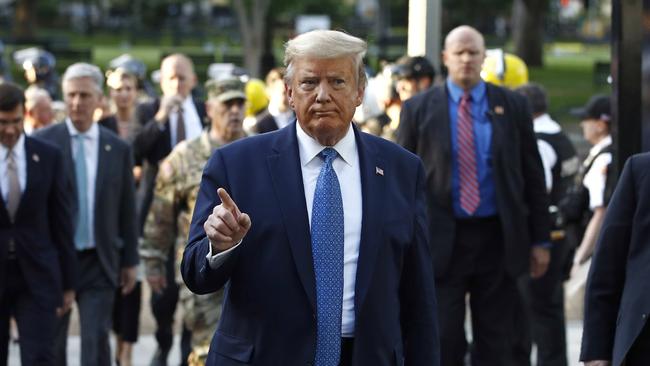
The intolerable killing of George Floyd has erupted into something far larger. On display now is a conflict between two contradictory visions: resentment at the injustice, racism and despair embedded in the American project, and Trump’s resort to the executive “dominance” against lawlessness, casting himself as “your President of law and order” to defend the public by threatened military deployment.
The fourth year of the Trump presidency has turned into a nightmare that has shaken the lives, livelihoods and confidence of all Americans. COVID-19 was the perfect storm that exposed US frailties. Trump’s response was appalling; more than 100,000 Americans have died, the economy plunged into a downturn with unemployment heading to 20 per cent, consigning millions of households and businesses to misery. But the bottom 50 per cent — and that includes most African-Americans — are the most damaged.
How many of the protesters have lost jobs or faced serious income reductions? Nobody knows but the actual experience of health and economic disadvantage fuels the cultural extremes of US political paranoia. How many million Americans now belong to extremist groups or causes of some variety? Once populism takes hold its currents change the temper of a nation. Trump knew what he was doing on Tuesday — his rhetoric was half-right. He honoured Floyd. He said the nation needed “co-operation not contempt, healing not hatred”. But then he reverted to character — Trump said America was confronted by “domestic terror” and in the grip of “professional anarchists, violent mobs, arsonists, looters, criminals, rioters, Antifa and others”.
State authorities (think Democrats) had failed. “I will fight to protect you,” Trump told the nation. He branded the demonstrations “an offence to humanity and a crime against God”. He cast himself as Defender of the Republic holding the sword of righteousness. He invoked two ultimate templates of American life: resort to the US military and upholding the Bible outside St John’s Church.
The irony, perhaps, is that Trump doesn’t have much power in this situation. Law and order on the streets is the responsibility of state governors, largely Democrats. Trump was challenging the governors — he warned them to use the National Guard to “dominate” the streets and if they failed, Trump “will deploy the United States military to solve the problem for them”. This was the President living out his greatest fantasy: Trump as strongman.
America will get through this crisis. But how it changes will be vital for the American people and the world. For better or worse, the US stands as the exemplar of liberal democracy, given the ideals at its revolutionary inception and its 20th-century mission as democracy’s champion against communism and fascism. The challenge to America by China’s Xi Jinping is not just strategic. Before the world Xi declares a battle over ideological and governance systems with Beijing believing since the 2008-09 financial crisis that its authoritarian model of social discipline and national mobilisation is superior to the individualism, freedom and democratic fragmentation of the US.
The authoritarians are celebrating. Last year Russian President Vladimir Putin said the “so-called liberal idea has outlived its purpose”. A few days ago Turkey’s President, Recep Tayyip Erdogan, called the death of Floyd a “racist and fascist approach” and said this “result of torture has not only saddened all of us but it has also become one of the most painful manifestations of the unjust order we stand against across the world”. Meanwhile, Beijing can hardly believe its luck — as it moves against Hong Kong the cities of its great democratic opponent are burning, all self-inflicted.
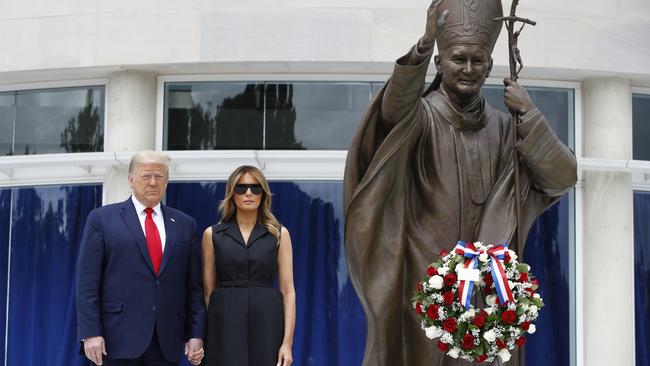
The central tenet of democracy is that freedom and elections offer the optimal method to resolve internal conflicts. But for too long American democracy and government have underperformed. This violence comes just four years after the first black president, Barack Obama, left the White House having raised such hopes for black Americans. Many indicators for African-Americans have improved — witness jobs and incomes — but progress is too slow in a world where repression has lasted so long and culture is now inflamed. The benchmarks cannot be missed. First, Trump cannot generate unity — his character and politics are based upon thriving in disunity and America will be consumed by disunity for however long he occupies the White House. Second, Trump has been seriously weakened by the devastating twin crises of COVID-19 and the economic downturn — the spectre of a failing presidency haunts him.
Third, it is entirely predictable Trump has now doubled down, turning the crisis into a “law and order” event rather than a social justice protest — an opportunity he was handed because a section of the demonstrators are pro-violence political agitators, as police chiefs have said. Trump opened his play book and depicted the Democrats as appeasers incapable of stopping “anarchists” from burning the cities. These events, therefore, constitute crucial questions for the Democrats. Their candidate, Joe Biden, is gifted an obvious stance — condemning the violence but deploring racist behaviour. It shouldn’t be too hard to project this middle-ground position. Yet Biden is unconvincing; this is a man talking to yesterday’s rather than tomorrow’s America.
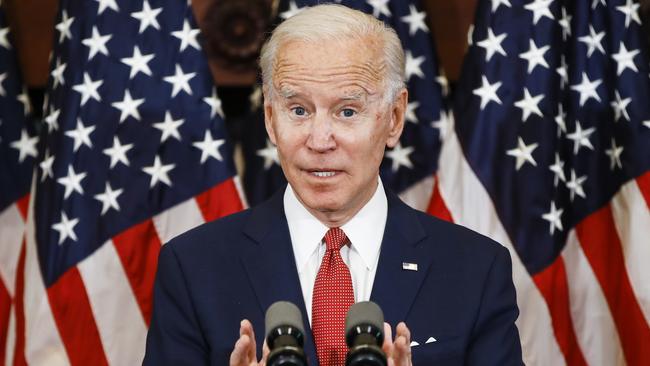
Having won the nomination with crucial support from the African-American community, can Biden manage its understandable passions in the run-up to the vote? Can he manage the woke progressives unleashed in party ranks? The ultimate meaning of these demonstrations falls upon Biden: whether he can deliver the golden opportunity he has been given to nail Trump as a President willing to damage the country to save himself. Trump will stir the politics of division while Biden will run on national healing. Obama, with his empathy and eloquence, could carry this latter case but is Biden up to the job?
Trump is a phony tough. He cannot handle a genuine crisis. This is the central lesson from 2020 politics to this stage. “Most of you are weak,” he told state governors. “If you don’t dominate, you’re wasting your time, they’re gonna run over you, you’re gonna look like a bunch of jerks.” Trump substitutes abuse and arrogance for leadership and inspiration.
In this crisis Trump has chosen domination over healing, military threat over moral exhortation, abuse of Democrat governors over cross-party unity. Anything else would be inconceivable. This is how he became President. Trump is a populist and populists live on blaming others in the hope of winning 51 per cent after dividing their country. The man is devoid of shame, posing with a Bible outside the famous church opposite the White House.
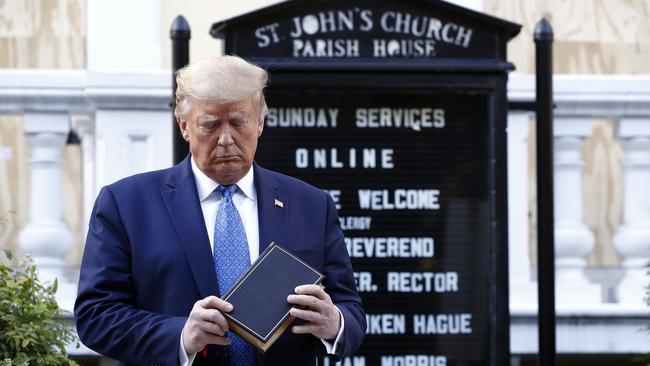
In 1968 Richard Nixon, pledging to deliver stability, won the White House after stormy years that saw major city riots, the civil rights movement and the assassinations of Martin Luther King and Robert Kennedy. The American people went conservative. Comparisons with 2020 are filled with traps, not least that Trump, unlike Nixon, is the incumbent. He carries baggage; his gross ineptitude in crises, and an administration characterised by reoccurring chaos. Trump’s re-election strategy depended on increasing support among black and Hispanic male voters better off because of more jobs and greater economic prosperity. But COVID-19 shot this calculation with African-Americans representing one-third of all virus deaths and being disproportionately hurt by the economic downturn. You can appreciate the final irony — Trump needs black votes; he can’t afford to get caught exploiting racism.


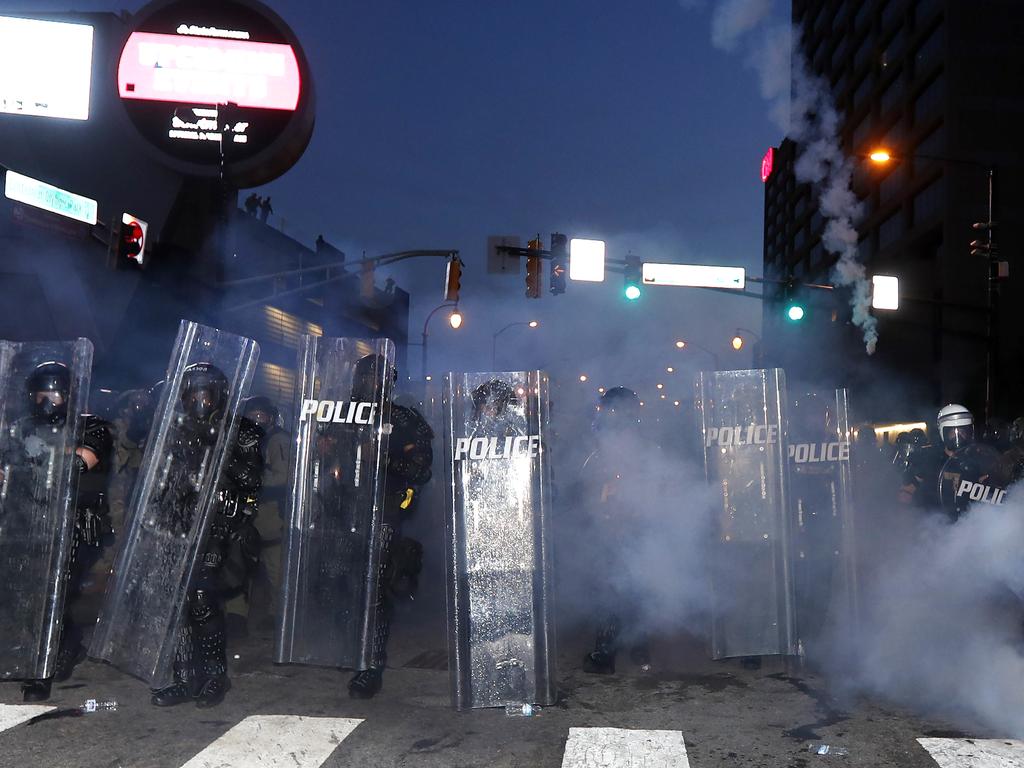
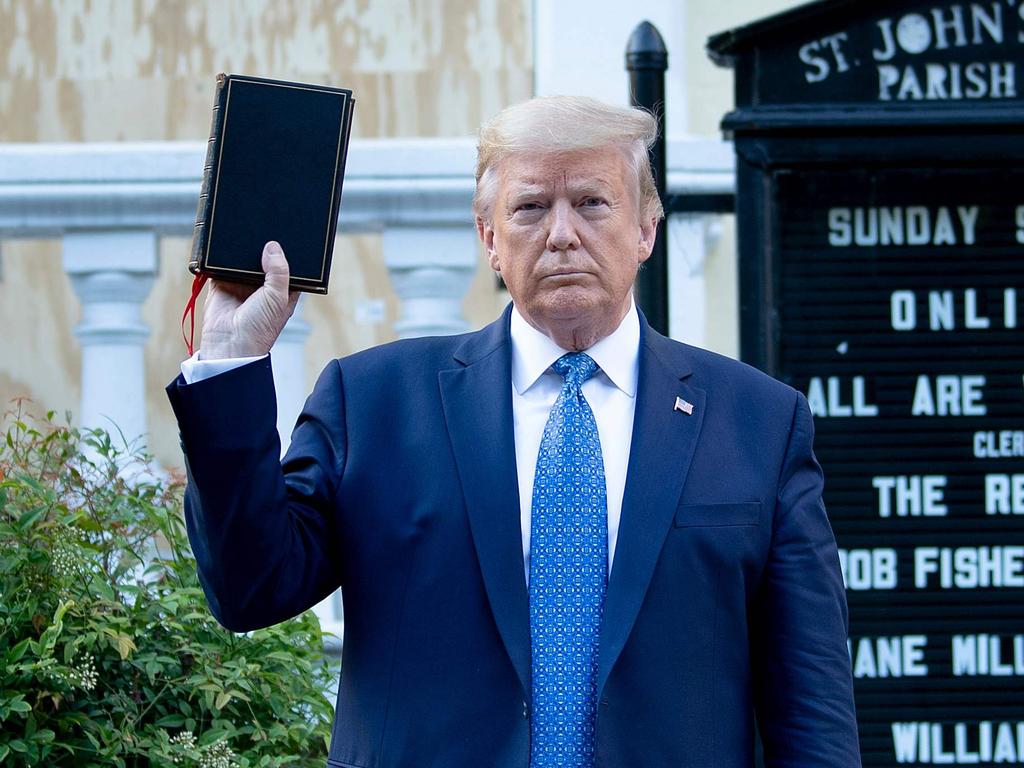
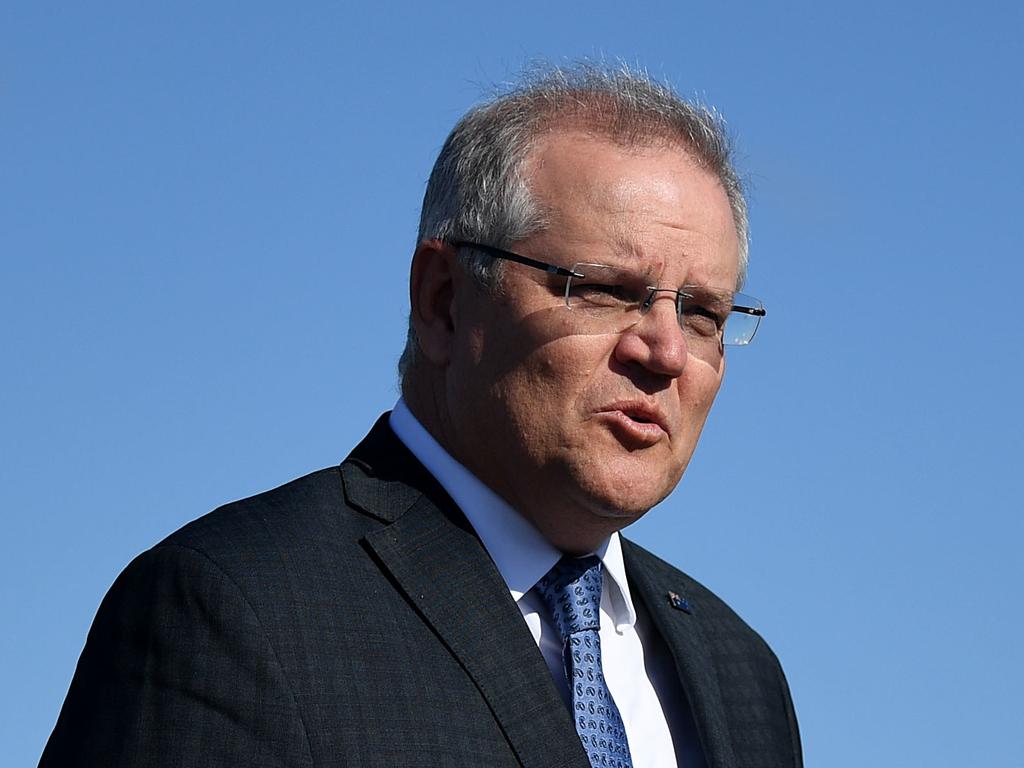
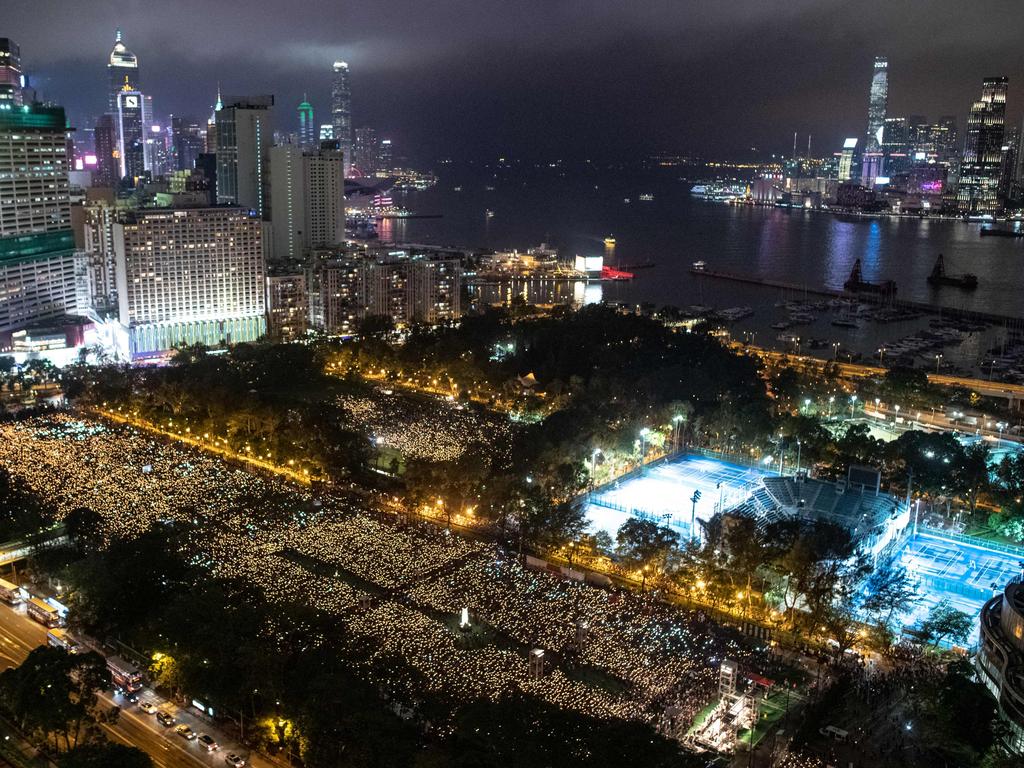


The most powerful nation on Earth is being brought undone from within by its pent-up governance and moral failures. The crisis has multiple triggers — abuse of police power, entrenched disadvantage of black Americans, mounting anger in American hearts, cultural schisms across the nation and political polarisation driven by Donald Trump’s populism and Democrat progressivism.